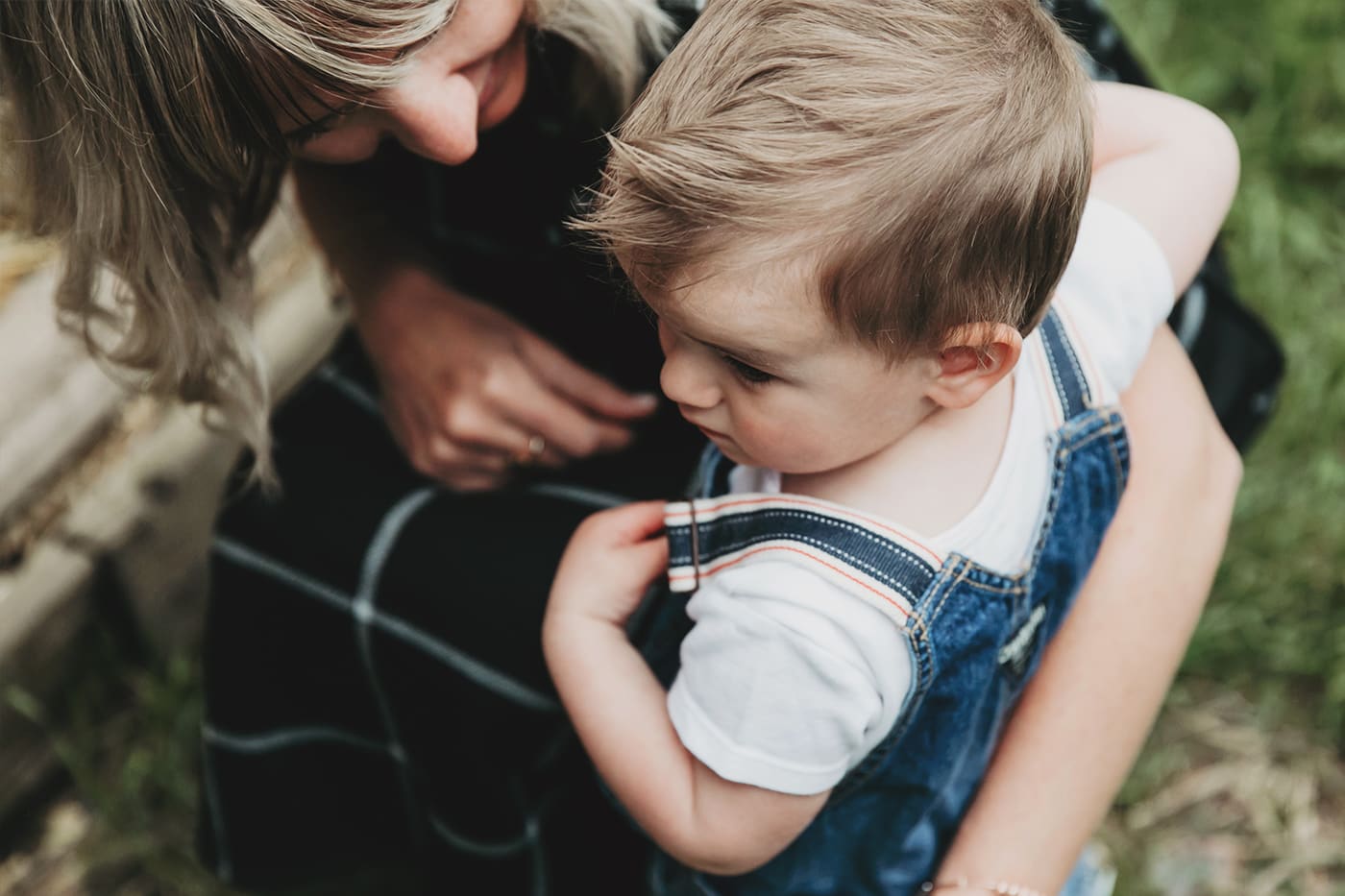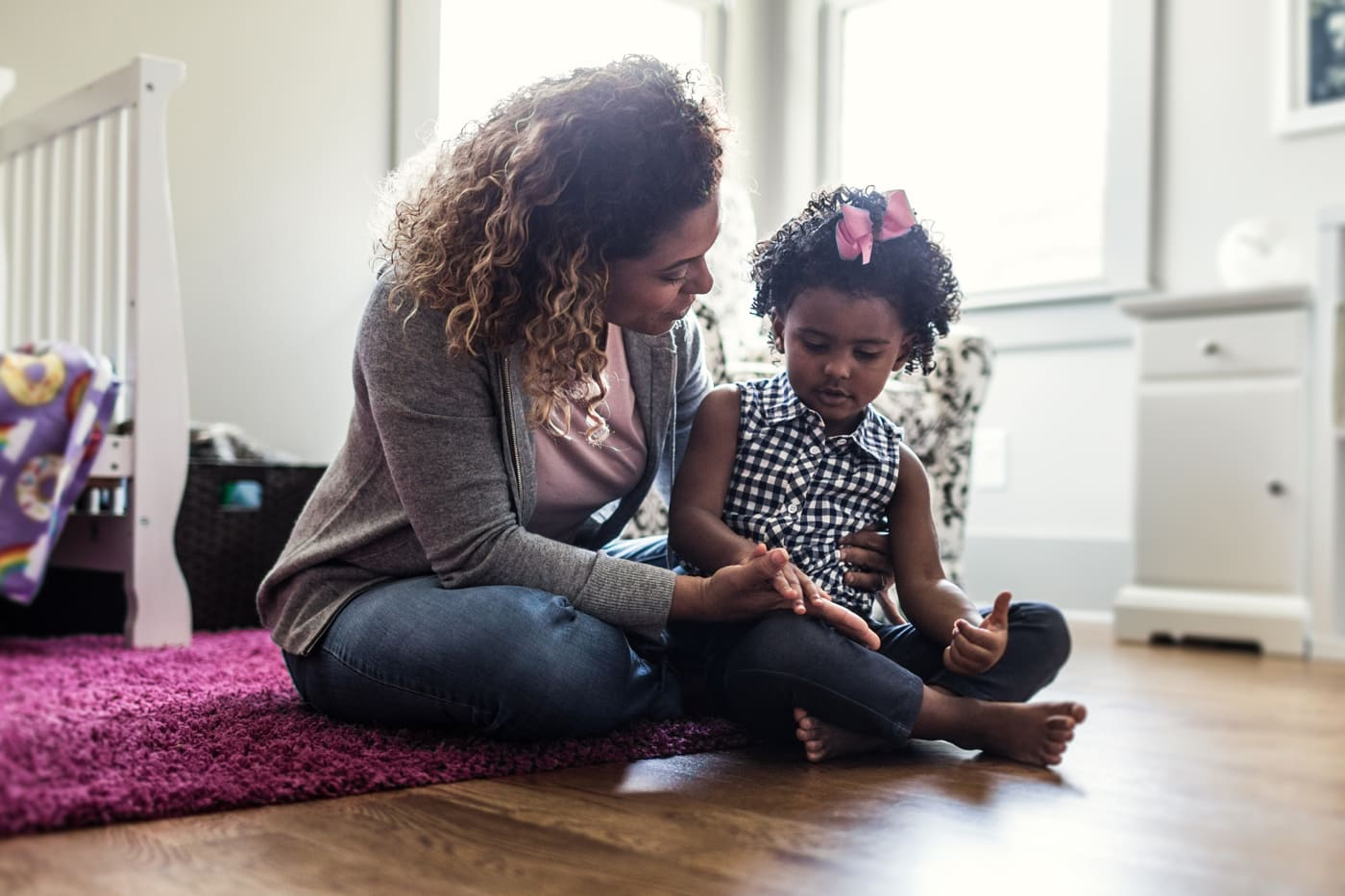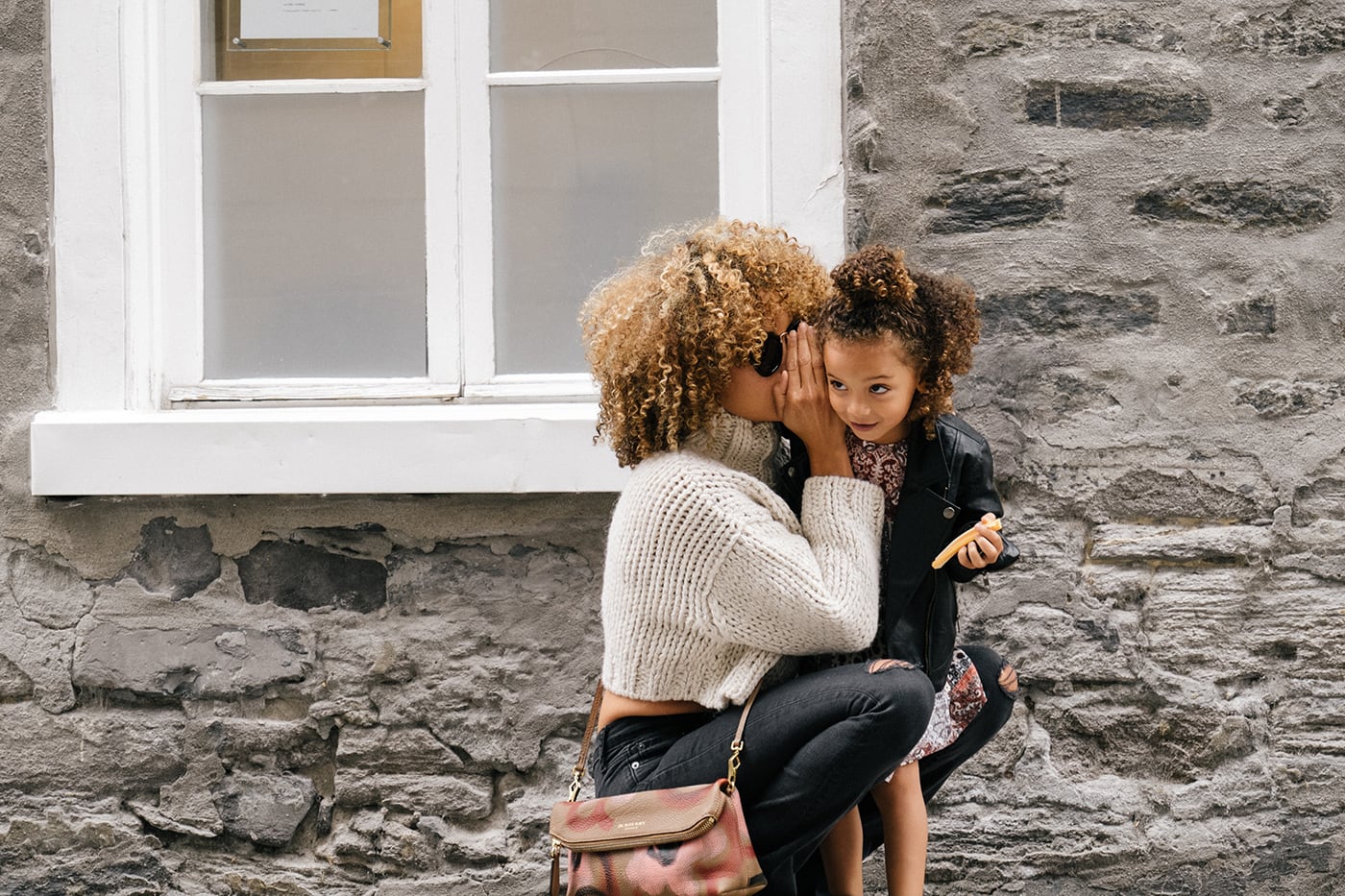6 Little Talks on Healthy Sexual Development to Have With Your Older Teen
One obstacle for many parents when it comes to teaching their child about healthy sexual development is what to teach, and when. Every age range is different, and the “Little Talks” series is designed to help you teach your kids at every age. The teenage years are just as important in teaching about healthy sexual development.
For older teens (ages 16 to 18), the physical changes of puberty have pretty much stabilized and they have an increased ability to think long term and more abstractly.
While their peers still play an important part in their life, the desire to conform is less important for older teens. This is also the age where dating becomes more important and more emotionally connecting; there is also an increased physical desire for sexual interactions and intimacy.
At this age, if you haven’t created open communication with your older teen already, it may be difficult to talk to them about anything, especially healthy sexual development. But this topic is important enough that you should put any hesitancy aside and start the conversation about the topics below:
Have an open discussion with your teen about contraception and your values around first intercourse. Be sure that they understand the full implications of making such a decision at this age, the dangers of unprotected sex, and the precautions to take in relationships if they choose to be sexually active.
If your teen hasn’t been taught about the negative aspects of drug and alcohol use, they may not be equipped to make the right choice when that situation arises. Help them understand the connection between substance use and risky sexual behaviors.
Continue to support your child’s self-esteem. Compliment their whole self. Their beauty, intelligence, and talents are all quite tenuous for them right now. As they are looking more toward the future, they need frequent reminders from you about how amazing they really are.
Show and teach them what a healthy relationship should look like. Continue to educate them about consent—both for themselves and others. Teach them the role respect should play in their relationships.
Empower them to set boundaries with the people in their lives. Talk openly about sexual abuse and what they should do if it occurs, has occurred, or if they are worried it will occur.
Have discussions about how sexuality, body image, and gender roles are portrayed in the media. Include a discussion on pornography and the dangers that can come from viewing sex and relationships through that type of media.
As your child is growing older the conversations you have with them should mature as well. Remain open and supportive. Be a safe space for them to come and voice concerns, questions, or problems they are experiencing, sexual or otherwise.
Talking to Your Kids at All Ages
You can talk to your child about healthy sexual development no matter the age. Below we have links to articles about what you should cover in each age range. Always take the time to think through what you’re going to say and remember to keep your child’s maturity in mind. And remember, every time you have a little talk it makes it a little easier to have the next one.
Share this Post









